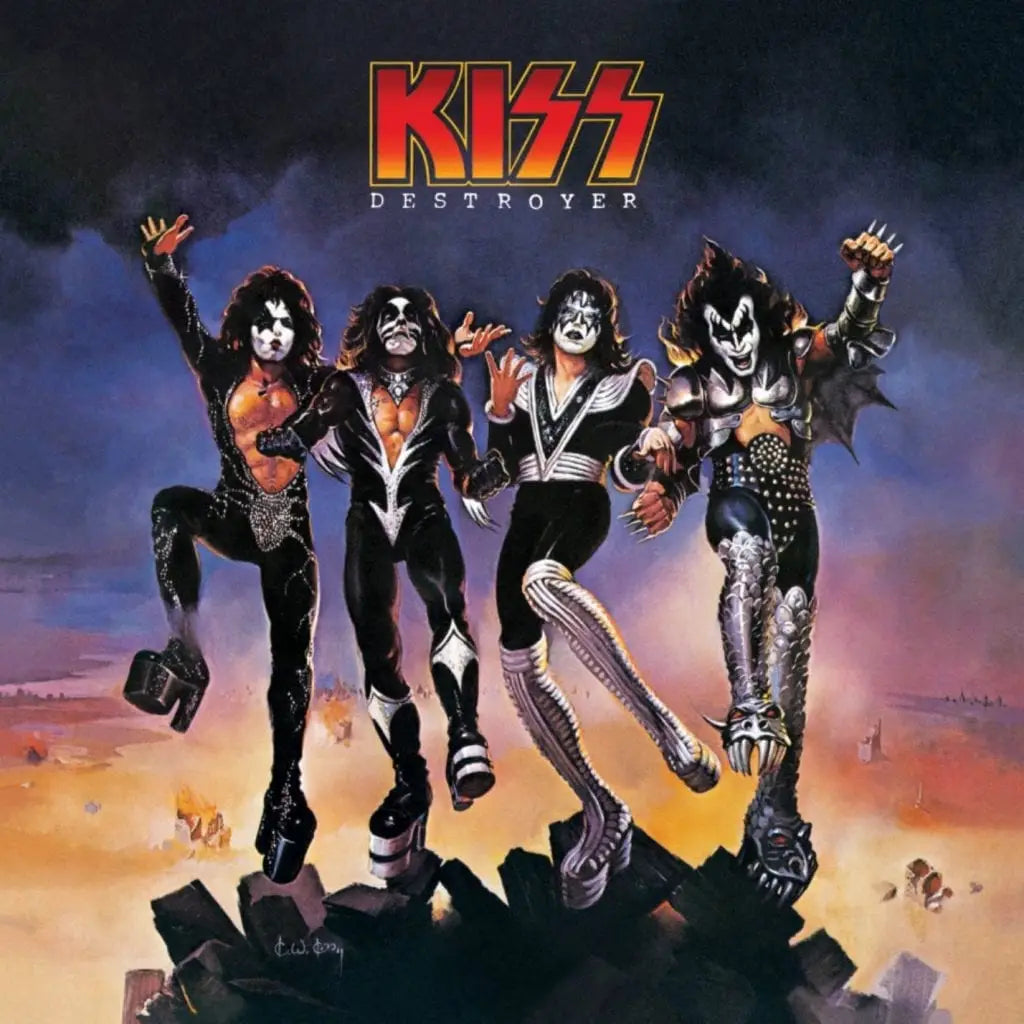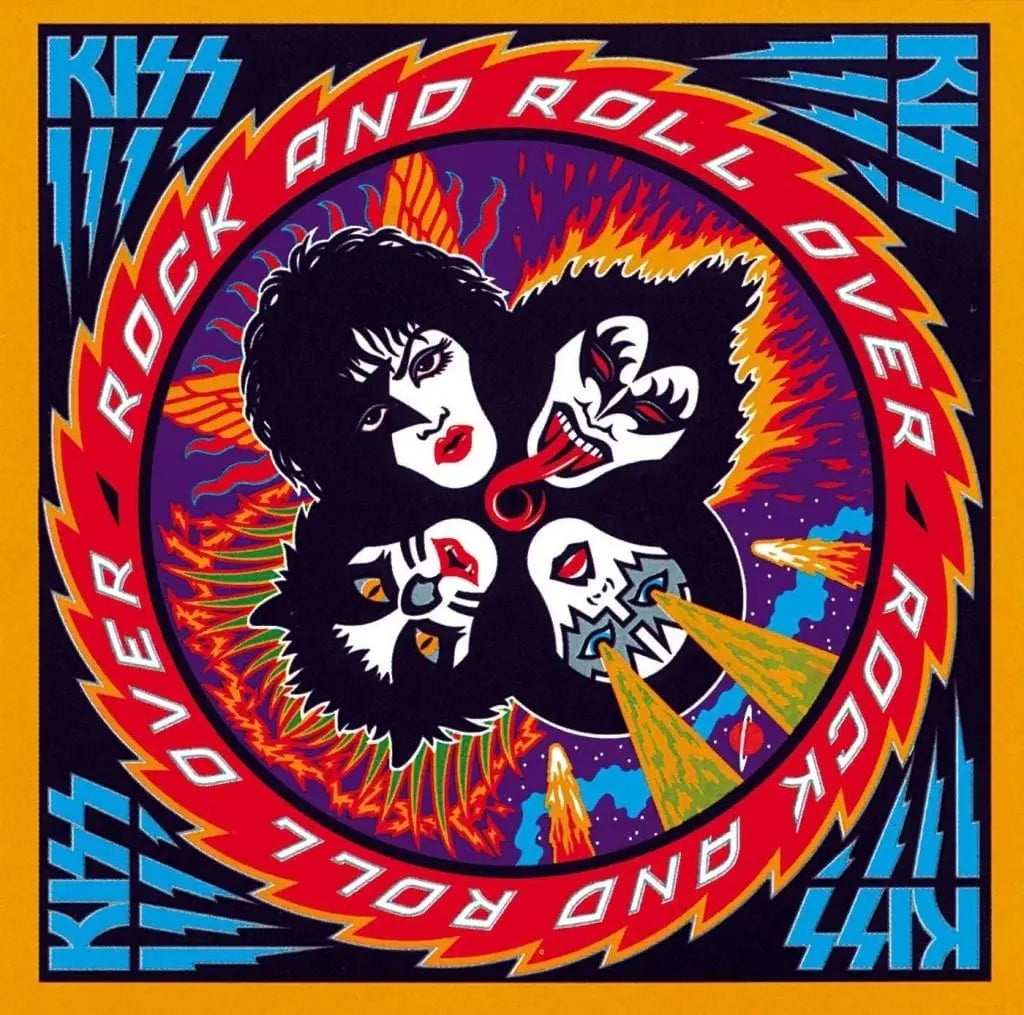The second segment of the continued conversation with Ryan J. Downey and rock icon Ace Frehley zeroes in on the era of KISS that began after the worldwide phenomenon of their Alive! record.
Admitting that it was daunting to follow up the success of an album that went double platinum, Frehley discussed the landscape of 1976 and how Destroyer, would become such an important body of work for the band.
Enlisting the talents of Alice Cooper producer Bob Ezrin, Frehley explained that while the working relationship wasn't always harmonious, Ezrin's signature is a big part of the success of Destroyer. Referring to Ezrin as a genius and someone who really knew music, Frehley talked about how Ezrin was responsible for the solo on "Detroit Rock City" and was hands on throughout the recording process.

The conversation touched on the growing cast of contributors during that particular era of KISS, including producer Eddie Kramer's involvement in the early demos (and eventual oversight of Rock and Roll Over) and famed artist Ken Kelly who did the cover for Destroyer and Love Gun.
Frehley would also discuss the interesting dichotomy of how tracks like "Beth" would become such massive hits for the band but weren't really indicative of the KISS sound. Referencing later hits like "I Was Made For Lovin' You," a disco-influenced track, as another example, Frehley seemed humored by the dynamic and acknowledged that it was all beneficial in growing the KISS audience.
Rounding out 1976, KISS would go on to release Rock and Roll Over, their fifth studio effort. Working with Eddie Kramer, the band opted to record outside of the conventional studio setting and set up shop in a rented theatre in Nanuet, New York.

Discussing some of the experimentation the band did with Kramer for the record, Frehley detailed how the instrumentation was recorded in different rooms to create an ambient effect that would add character to the overall sound.
Referring to the process of Rock and Roll Over as fun and spontaneous, there was an obvious glimpse of enjoyment Frehley got from recalling the particular era of the band.
Watch Part 2 of The Disc Dive with Ace Frehley and Ryan J. Downey below.




